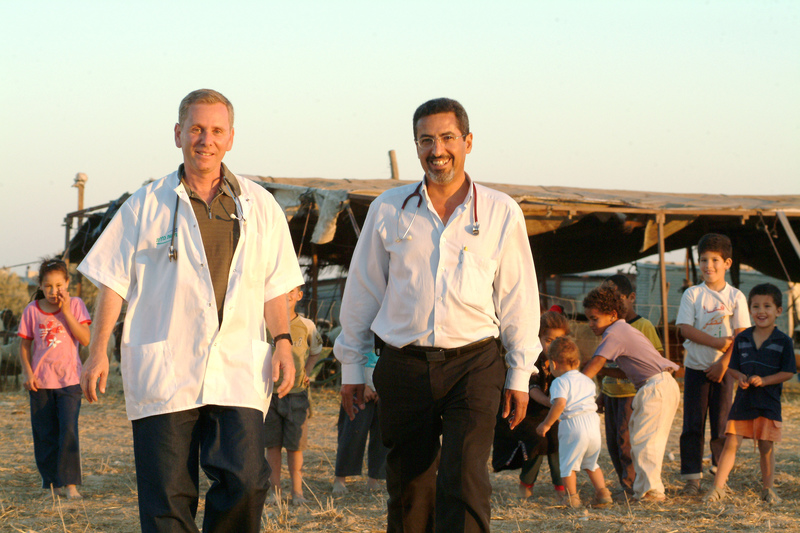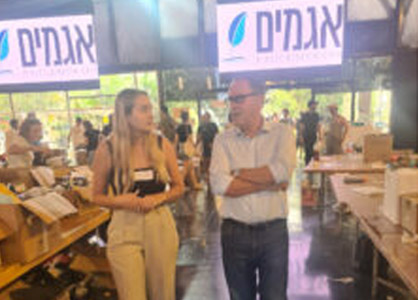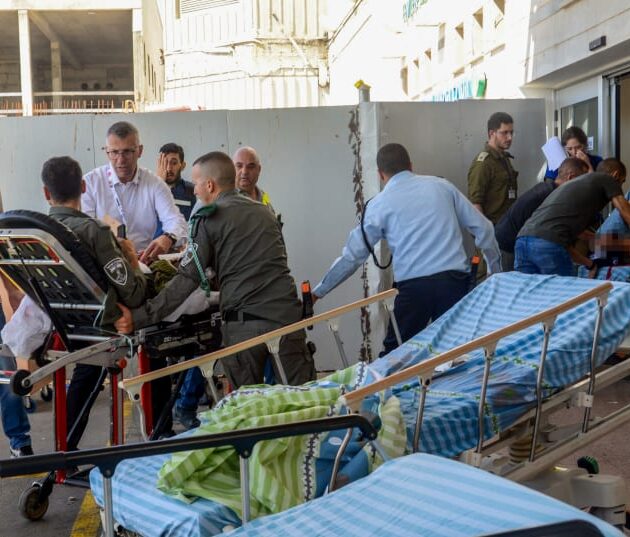
Fighting Genetic Disease Among the Bedouin
Fighting Genetic Disease Among the Bedouin
April 27, 2015
Medical Research, Negev Development & Community Programs
The New York Jewish Week — There has been a 30 percent reduction in the infant mortality rate in Israel’s Bedouin community of southern Israel during the past few years, and much of that success is due to the diagnosis and prevention of many genetic diseases that have plagued the community for centuries.
Much of the research into these diseases, which can cause everything from severe developmental delays and fatal heart malformations to blindness and immune deficiencies, has been taking place under the leadership of Prof. Ohad Birk, head of the Genetics Institute at Soroka University Medical Center and the Morris Kahn Lab at the National Institute for Biotechnology in the Negev at BGU.
Over the course of more than a decade, Prof. Birk and his team of researchers at BGU have identified the gene mutations responsible for about 30 of the most common hereditary diseases among Bedouins and Sephardic Jews. That knowledge, along with funding from Israel’s Ministry of Health, provided them with the tools to develop screening tests for many of the diseases.
Prof. Birk says that Israel’s southern Bedouins “have among the highest rates” of genetic disease in the world because 60 percent of their marriages take place between first and second cousins. Roughly 80 percent marry within their respective tribes, which range in size from 1,000 to 20,000 people.
Within tribes the carrier rates for various recessive diseases (requiring both parents to be carriers) can be as high as one in eight people.
The result is that “these diseases are a severe burden to the families, the community and the health care system.”
As the scientists have deciphered the molecular basis of the diseases, and in many cases developed carrier testing, the counseling unit has reached out to the community to encourage testing.
With the consent of Bedouin community leaders, Arabic-speaking genetic counselors give talks to high school students and women’s groups to explain how diseases are handed down from one generation to the next, and that carrier testing is available to those who want it. Local ob-gyns refer pregnant Bedouin women to a team of 10 Bedouin nurses trained in genetics.
“It’s clear that those who have siblings or cousins who are very ill are very interested in genetic testing and using our services; those without relatives with diseases are less invested. Of course, once they have a sick child they rush in,” says Prof. Birk.
Thanks to these outreach efforts, many more young people are requesting to be tested before marriage.




